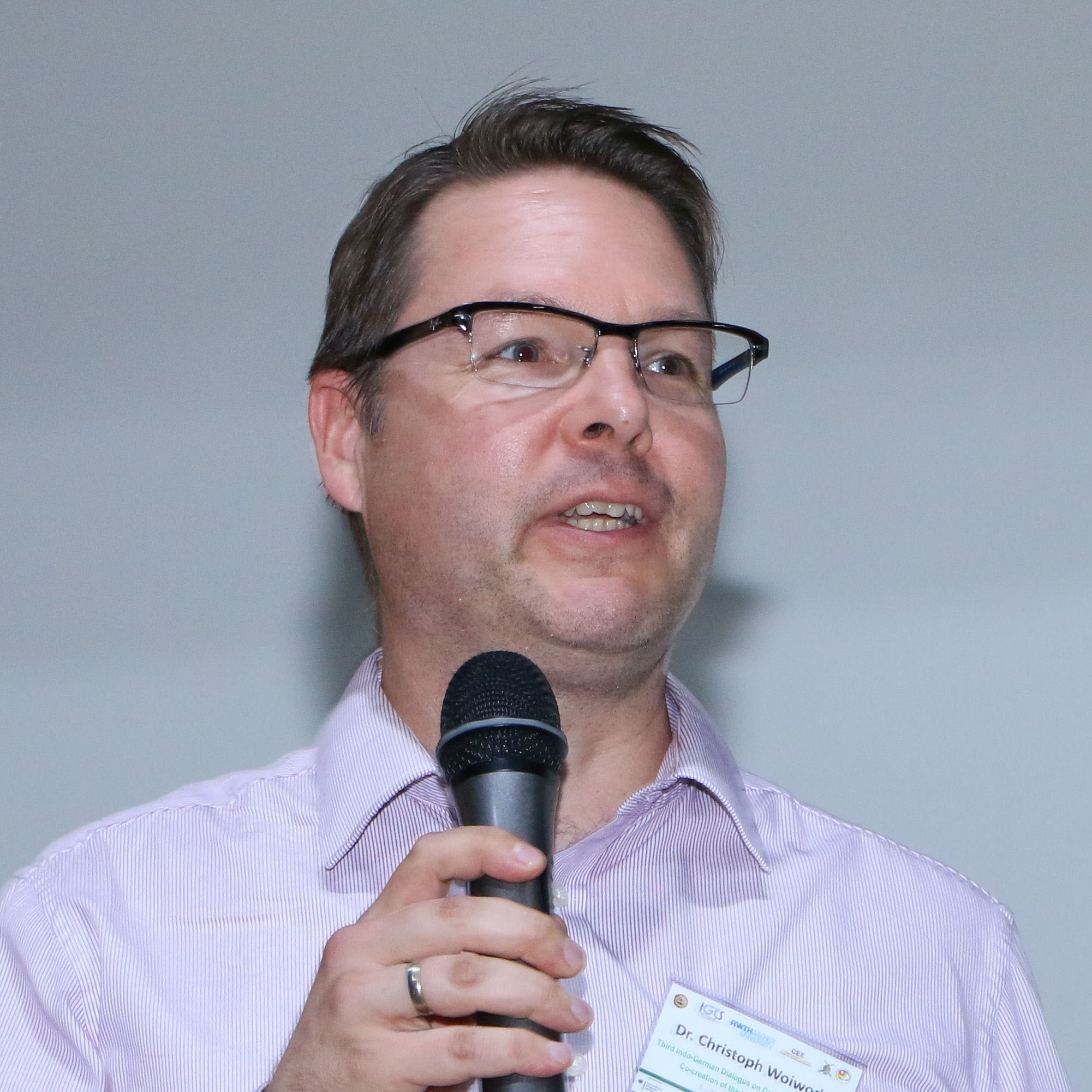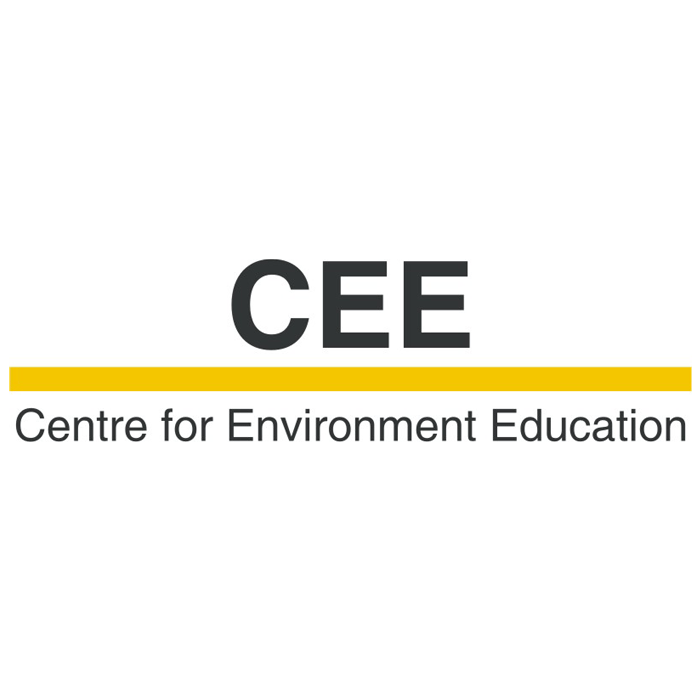
About Us
Organizers

IGCS-Postdoc Land Use, Urban and Regional Development Visiting Faculty at IIT Madras
Dr Christoph Woiwode
RWTH Aachen University, Economic Geography
Contact: woiwode@igcs-chennai.org
Read More
Dr Christoph Woiwode, PhD (urban planner, anthropologist), is visiting faculty with the Indo-German Centre for Sustainability (IGCS) at IIT Madras and is affiliated with RWTH Aachen University, Germany. Earlier academic roles include Senior Lecturer in Human Geography at Bath Spa University (UK) (2017-2019), a previous stint as Visiting Assoc. Professor with the IGCS (2013-2016) and lecturer at the International Spatial Planning Centre, Faculty of Spatial Planning, TU Dortmund (Germany). Christoph has also been a planning advisor with the German International Development Agency (CIM/GIZ) in Sri Lanka. Having lived, worked and conducted research in India for over twenty years, Christoph’s research spans planning theories, urban governance and government reforms, inequality/poverty and slum development, disaster risks and climate change. Over the past ten years, Christoph developed a keen interest in social transformations to sustainability, focusing on the ‘soft’ dimensions of development such as culture, religion, spirituality and happiness. In several articles and book chapters, he explores inner transitions and urban development, presented at numerous international conferences and has been an invited speaker on the topic. He is also the founder and coordinator of the network Inner Transitions to Sustainability, which welcomes academicians and practitioners. Engaging in this research has significantly shifted his perspectives on knowledge production, learning and teaching, and, last but not least, the future of humanity.
Organising Institutions
Bharati Vidyapeeth Institute of Environment Education and Research
Read More
The Institute of Environment Education and Research, Bharati Vidyapeeth (Deemed to be University) (BVIEER) is a unique educational and research institution. The distinctive characteristics of the BVIEER are its comprehensive teaching, research and extension mandate, which have been major thrusts of the Institute. Its significant achievements include its projects and programs that have influenced environmental policy and implementation of environmental education at the school and college levels, along with strategies for Protected Area Management.
The Institute actively collaborates with several international Universities and organizations and has instituted semester exchange and international internship programs. Its innovative teaching program supplements classroom teaching with fieldwork, guest lectures, group discussions, projects and internships.
The Institute actively collaborates with several international Universities and organizations and has instituted semester exchange and international internship programs. Its innovative teaching program supplements classroom teaching with fieldwork, guest lectures, group discussions, projects and internships.
Centre for Environment Education
Read More
Centre for Environment Education (CEE) was established in 1984 as a Centre of Excellence of the Ministry of Environment, Forest and Climate Change (MoEFCC), Government of India, with a mandate to promote environmental awareness nationwide. CEE is headquartered in Ahmedabad, India and works globally, nationally and locally to develop innovative educational programmes and materials, with a broad vision to build capacities in education and communication for sustainable development. The Pune office hosts the CEE Urban Programme and the CEE Central Regional Cell.
CEE’s mission is to enhance understanding of sustainable development in formal, non-formal and informal education through its work with schools, higher educational institutions, and policymakers and reaching out to youth and the general community. It is to integrate education as a key driver for change in demonstrating and advancing sustainable practices in rural and urban communities, in business and the public sector, and in meeting challenges of global issues such as climate change and biodiversity conservation. CEE also promotes individual and collective positive Handprint actions that are environmentally sound, economically viable and socially beneficial.
CEE’s mission is to enhance understanding of sustainable development in formal, non-formal and informal education through its work with schools, higher educational institutions, and policymakers and reaching out to youth and the general community. It is to integrate education as a key driver for change in demonstrating and advancing sustainable practices in rural and urban communities, in business and the public sector, and in meeting challenges of global issues such as climate change and biodiversity conservation. CEE also promotes individual and collective positive Handprint actions that are environmentally sound, economically viable and socially beneficial.


